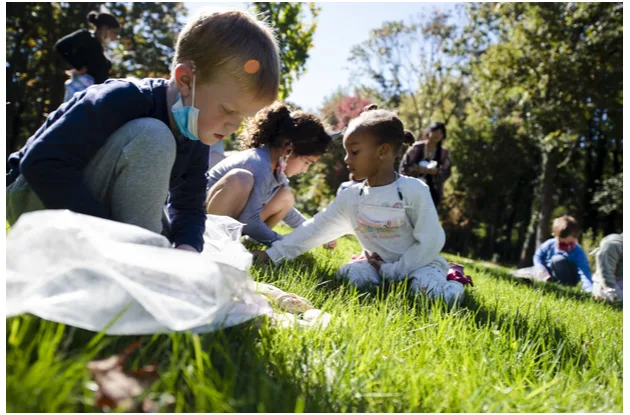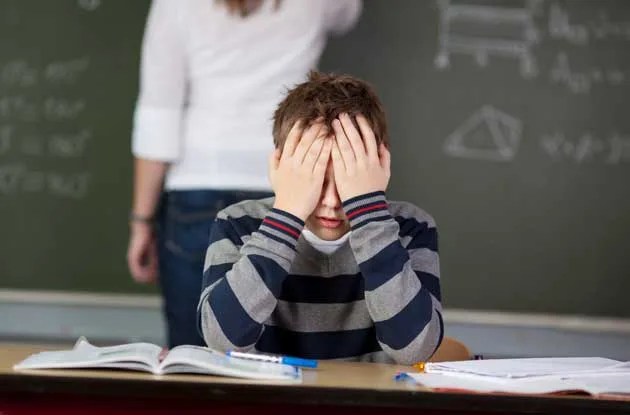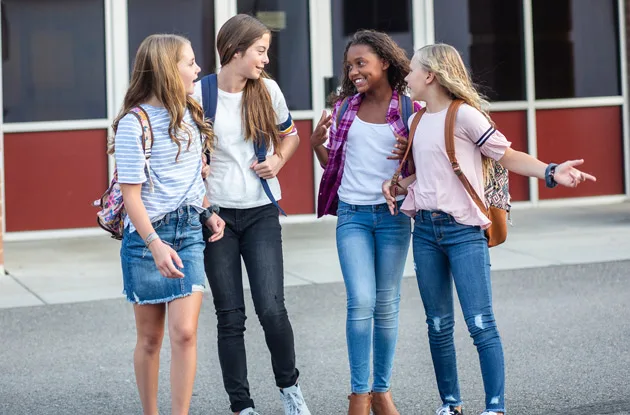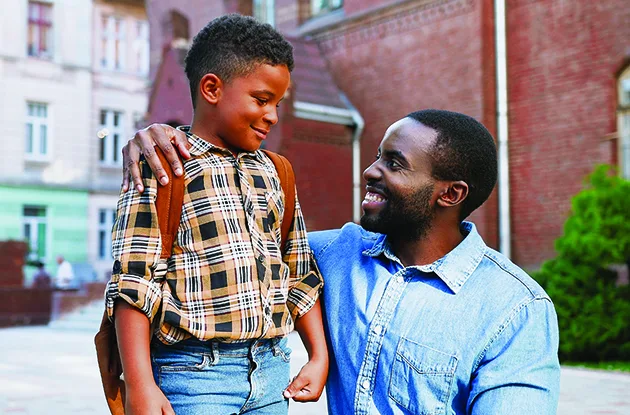Elizabeth Rose, a former arts teacher and current substitute teacher, shares her experiences and what it’s like to be a sub teaching in New York City public schools.
So you thought you knew all about NYC’s public schools? Perhaps you should speak to Elizabeth Rose.
After 10 years teaching arts at a New York City public school, Rose’s full-time position was cut, and she was asked to work as a rotating substitute teacher instead. For one year, she recorded her experiences as she worked with students at a different school almost every week—25 NYC schools over the course of the year. What she found during that time was frustrating, demeaning, and frequently ridiculous—but ultimately inspiring.
In her book Yo Miz!, Rose records the gritty details of her year as a peripatetic pedagogue, from helping war refugees through their Regents to dealing with snippy principals and a lackluster Department of Education. We asked Rose what her experience taught her about the NYC school system, and what needs to be done to fix the inequities within.
Do you think your experience in Manhattan’s public school system is reflective of public schools across our nation?
I think any urban system will reflect Manhattan. It’s a microcosm of educational issues across the country. Within our current system it’s very challenging to get kids to want to learn. We as a nation could be much more creative in designing our learning communities.
RELATED: Are You a Teacher’s Worst Nightmare?
What do you think would surprise most parents about what goes on in New York City’s public schools?
Mine is just my story, it’s my reality. I know parents have a lot of anxiety about where their kids go to school. Parents want their kids to have the best possible affordable education. I was one of 2,500 Absent Teacher Reserves, and we’re all having their own experiences. Other ATRs had different experiences. But one fact remains: The kids who are more likely to fall through the cracks are the ones who are less exposed to culture and the arts.
Why do you come to the conclusion that all of our students should receive a well-rounded arts education?
On one island, the island of Manhattan, there are such vast inequities. Every school in Manhattan is 25 minutes from a major museum, yet most school kids never get out of their neighborhood to visit one of these world-class institutions. It’s criminal. But we can fix it! It’s easy. All we need is a subway. Look at all the things that are available—why aren’t we making the most of the arts? This is how people can learn to love learning, especially people who haven’t been exposed to that. Everyone is naturally creative, and when you put people together with other creatives, that could be what turns them into engineers, scientists, or whatever they want. Educators are supposed to be inspiring our kids to love learning and grow as a person. We should be saying yes to everyone’s creativity. That’s how we bring these disadvantaged kids into the middle class. It’s life changing.
What can parents do to encourage activism in their kids??
We don’t punish and hyper test in order to spur someone’s creativity. What inspired you at school? Parents should ask themselves that. I think parents need to be vigilant with their child. That child deserves to be educated as a growing human being. They are not data points. They are children. Speak to your local assemblyperson. Write to the Regents. The more parents can speak for the humanity and uniqueness of their own children, the more that voice can be heard.
Where do you envision the students whom you write about in the book in 10 years’ time? You were particularly taken by Mignon, a recent émigrée and ELL student whose nascent English meant she kept having to retake her Regents. What is your prescription for these types of issues?
I wanted Mignon’s voice to be heard. How do we address these students? We send them out into the world thinking they are a failure, so what is she going to be? Is she going to be abused? Is she going to get a job? She should be able to tell her story—the war in her home country. This would make her feel good about herself and want to learn more. How will students such as Mignon move forward? They deserve a motivated teacher, not someone who tests you and tests you and makes you feel like you’re a failure. Kids deserve to be accepted for who they are, instead of having the system stamp them out based on some superficiality.
You call yourself an “edu-tainer”—why? Do you think more teachers need to take on that role?
Emphatically not. Professional educators are taught that there is a great diversity in the way kids learn. If everyone were like me it would be a complete disaster. It only works if the teachers come in with their own style and work in their own way. You do still want those teachers who never smile, who are serious. You want teachers who are committed to their students, teachers who really want the kids to learn and are dedicated to that, whether it’s by doing hip-hop rhymes or by being stern.
Would you encourage people to join the NYC teaching profession?
I’m an optimist. And I love kids. But I came across a lot of challenges. That said… yes, be a teacher! Go in there and be creative. Vibrational energy is everything. If you can keep yourself from complaining and resisting and instead go into the higher energy that says, “something may happen here, I have something to give every day,” then be a teacher. Because when you give that, you get so much back.
RELATED: What to Do at Your Parent-Teacher Conference





















